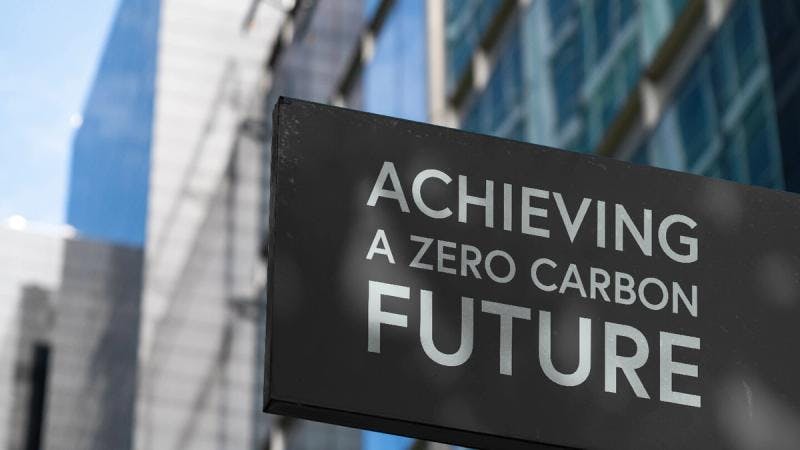Diageo has announced a €100 million investment to decarbonize its historic St. James’s Gate brewery in Dublin, a site renowned for producing Guinness for over two and a half centuries.
This new initiative, unveiled by Diageo’s Global CEO, Debra Crew, is part of the firm’s ambitious 10-year ESG action plan, ‘Society 2030: Spirit of Progress’. The initiative outlines 25 goals across various ESG issues, including the target to achieve net zero carbon emissions in all direct operations by 2030.
The €100 million investment will focus on reducing energy and water consumption at St. James’s Gate, as well as phasing out the use of fossil fuels from the site's direct operations. With the ambition of a 90% reduction in Scope 1 and 2 greenhouse gas emissions, this initiative aims to make the brewery one of the most efficient in the world by 2030, significantly accelerating Diageo’s journey to net zero carbon emissions.
To achieve these goals, Diageo has committed to increasing the use of renewable energy at the site, which will involve combining grid-supplied electrical power with heat pumps and biogas generated from a new water recovery facility. Additionally, the firm aims to reduce water consumption at the site by 30%.
The investment reflects Diageo’s ongoing commitment to sustainable and responsible business practices, with Global CEO Debra Crew commenting: “St. James’s Gate is an historic location for an iconic brand. We’re 260 years into our 9,000-year lease at St. James’s Gate and this investment will ensure that Guinness has an exciting and long-term sustainable future. We are proud to lead the way on decarbonisation, both as a major Irish business and as an industry-leading company.”
To read more, see Diageo’s press release on the landmark investment.






